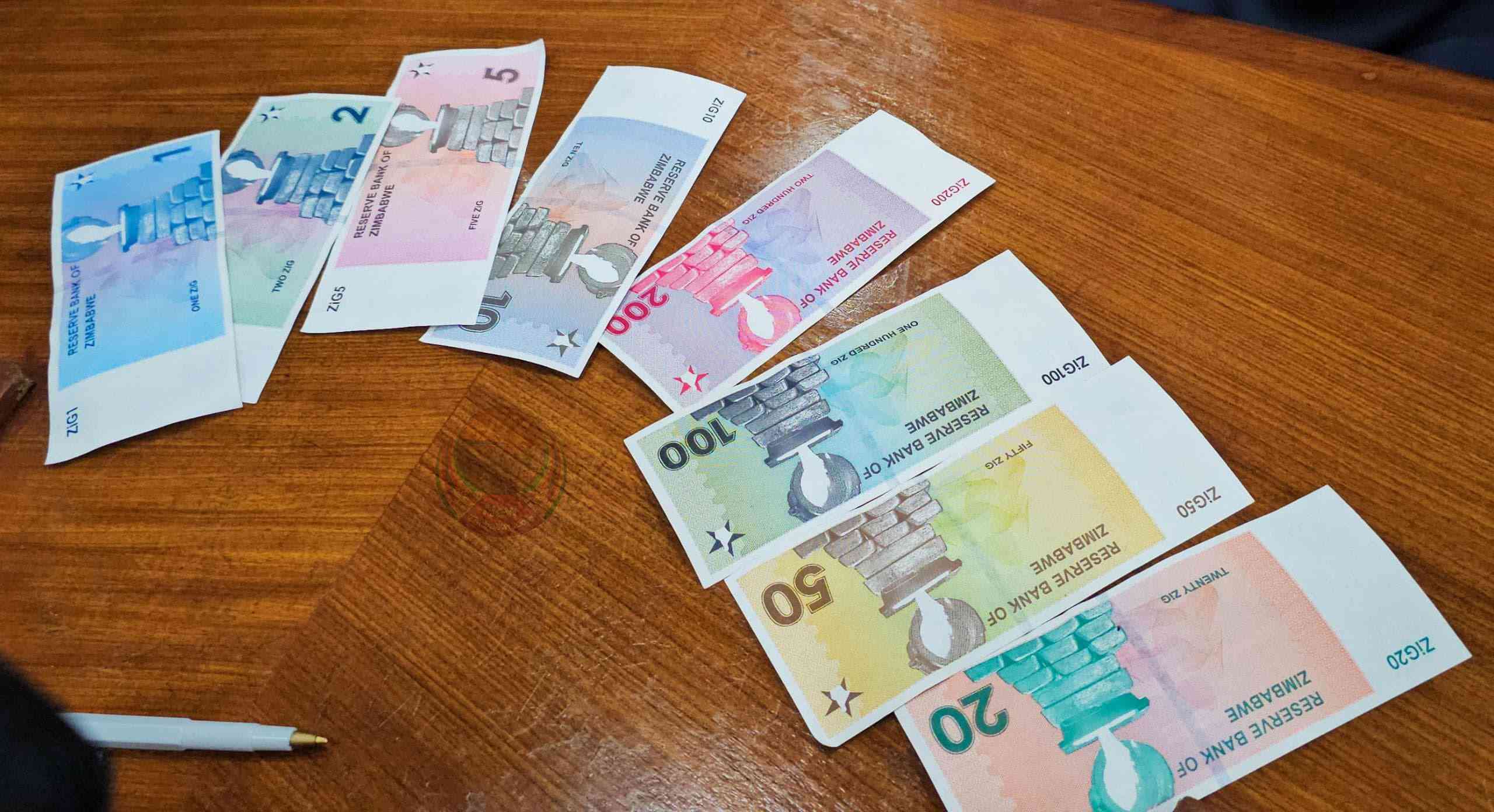
LAST week on Saturday, Zanu PF’s Annual National People’s Conference in Mutare concluded with a raft of economic resolutions aimed at propelling Zimbabwe toward Vision 2030.
Among the most notable are the directives to remove the Intermediated Money Transfer Tax (IMTT), reduce bank charges and enhance confidence in the Zimbabwe Gold (ZiG) currency.
These measures, if implemented sincerely, could redefine Zimbabwe’s financial landscape, provided that the government resists the temptation to substitute rhetoric for reform.
The proposal to abolish the 2% IMTT, introduced in 2018, represents the most meaningful attempt yet to ease transactional friction in the economy. Initially designed to widen the tax base and formalise the informal sector, the IMTT quickly became an albatross around the necks of ordinary citizens and compliant businesses alike.
Every mobile money payment, remittance or bank transfer carried a 2% penalty, effectively taxing poverty and discouraging digital transactions. For low-income earners, this meant paying a hidden levy each time they sent money to rural families or paid school fees.
For formal businesses already burdened by multiple taxes and exchange rate distortions, the cost was crippling.
The Confederation of Zimbabwe Industries, Zimbabwe National Chamber of Commerce and other business associations have long complained that IMTT deductions eroded wafer-thin profit margins, especially when combined with the 30% export surrender requirement to the Reserve Bank of Zimbabwe (RBZ).
Removing this tax would immediately free up liquidity, fuelling small business reinvestment, job creation and consumer spending.
- Awards target married couples
- Corruption Watch: Get scared, 2023 is coming
- Awards target married couples
- Corruption Watch: Get scared, 2023 is coming
Keep Reading
Closely tied to the IMTT issue are the punitive bank charges that continue to undermine the formalisation of the economy. Zimbabwe’s financial institutions, facing a shrinking deposit base, have turned to excessive fees as a survival strategy.
Depositors are charged for maintaining accounts, for withdrawing, for transferring and even for checking balances. The result has been predictable: people avoid banks altogether. Nearly 70% of domestic transactions are mostly in US dollars and cash-based.
If the government follows through by enforcing caps on transaction costs and compelling banks to promote digital accessibility, it would help re-integrate the informal sector into the mainstream economy.
Lower fees, coupled with the elimination of IMTT, would restore public trust in formal banking and broaden the tax base naturally - without coercion.
The other critical resolution, strengthening the ZiG as the sole legal tender, goes to the heart of Zimbabwe’s recurring monetary crises. Introduced in April 2024, the ZiG was backed by gold and foreign reserves to anchor stability after years of currency volatility.
Yet, public scepticism remains high. The currency’s limited circulation, scarcity of smaller denominations and the continued pricing of essentials like fuel in US dollars have reinforced dollarisation.
The conference’s directive to increase ZiG note durability, expand its denominations and enforce its use in domestic transactions should be accompanied by sound macroeconomic discipline.
No currency, however well-backed, can survive without confidence. That confidence will not come from political decrees, but from consistent policy behaviour: a stable exchange rate, predictable fiscal management and credible anti-corruption enforcement.
The resolution’s call to strengthen anti-money laundering and anti-arbitrage laws must therefore translate into visible action in both the private and public sectors, where speculative behaviour and rent-seeking is rampant.
The proposed reforms touch on issues that have long been raised by business associations, economists and ordinary citizens. Eliminating IMTT, lowering bank charges and backing the ZiG are sensible steps.
But they require institutional discipline and policy coherence. Zimbabwe cannot build confidence in its currency while simultaneously eroding it through inconsistent regulations or politically motivated interventions.
Nor can it promote formalisation while keeping banking costly and inaccessible.
If history is any guide, resolutions alone are not enough. Only transparency, accountability and an unwavering commitment to economic realism will determine whether these promises mark the start of recovery or yet another missed opportunity.
We wait to see if the fiscal and monetary authorities will heed this call with the same vigour shown in endorsing Resolution 1 - to extend the President’s term from 2028 to 2030.











